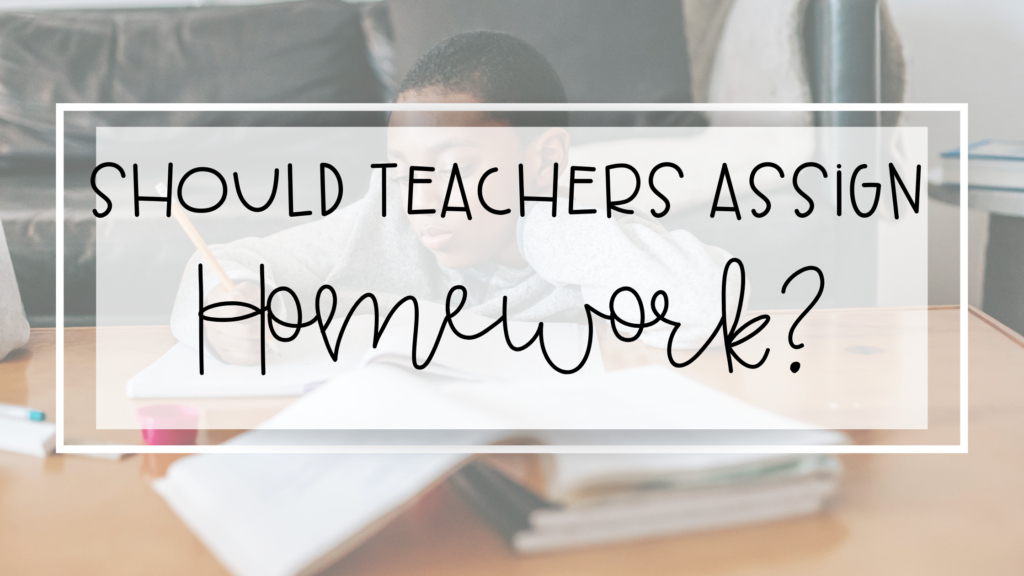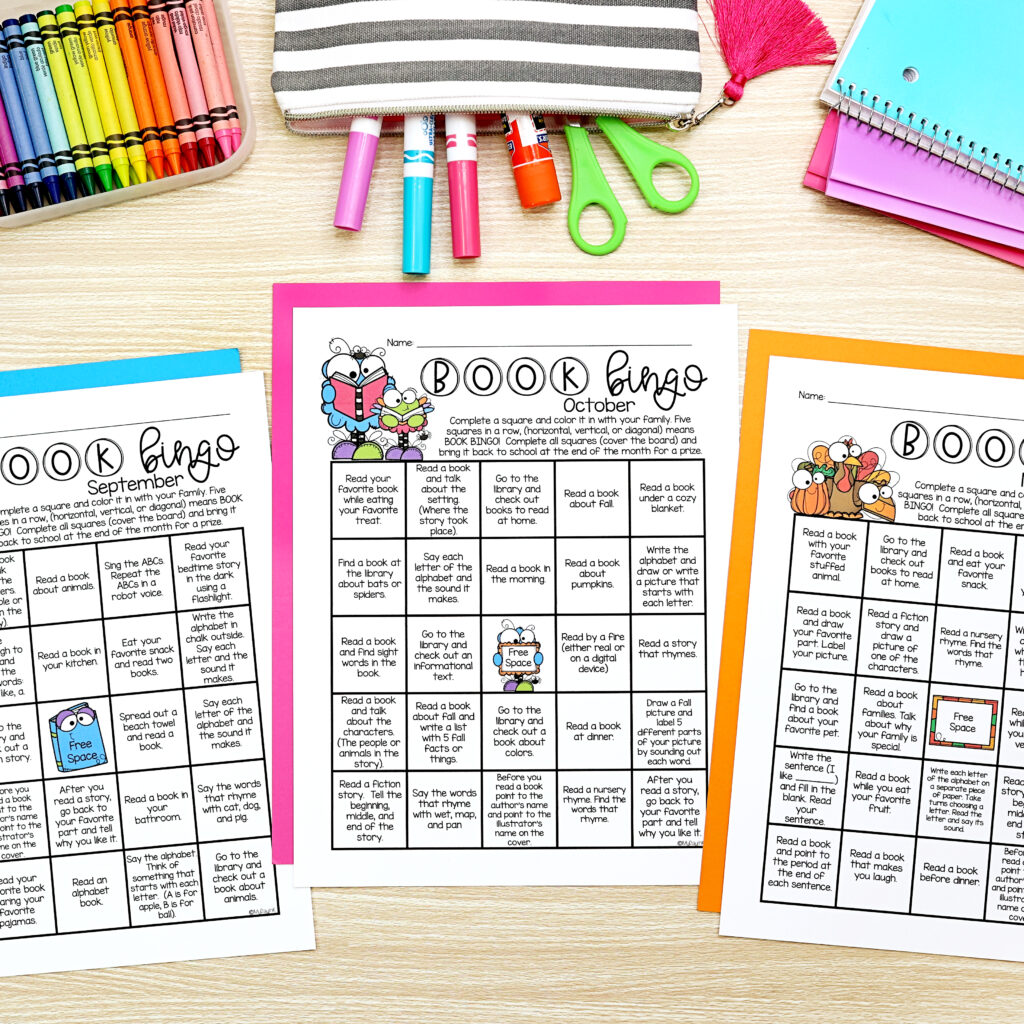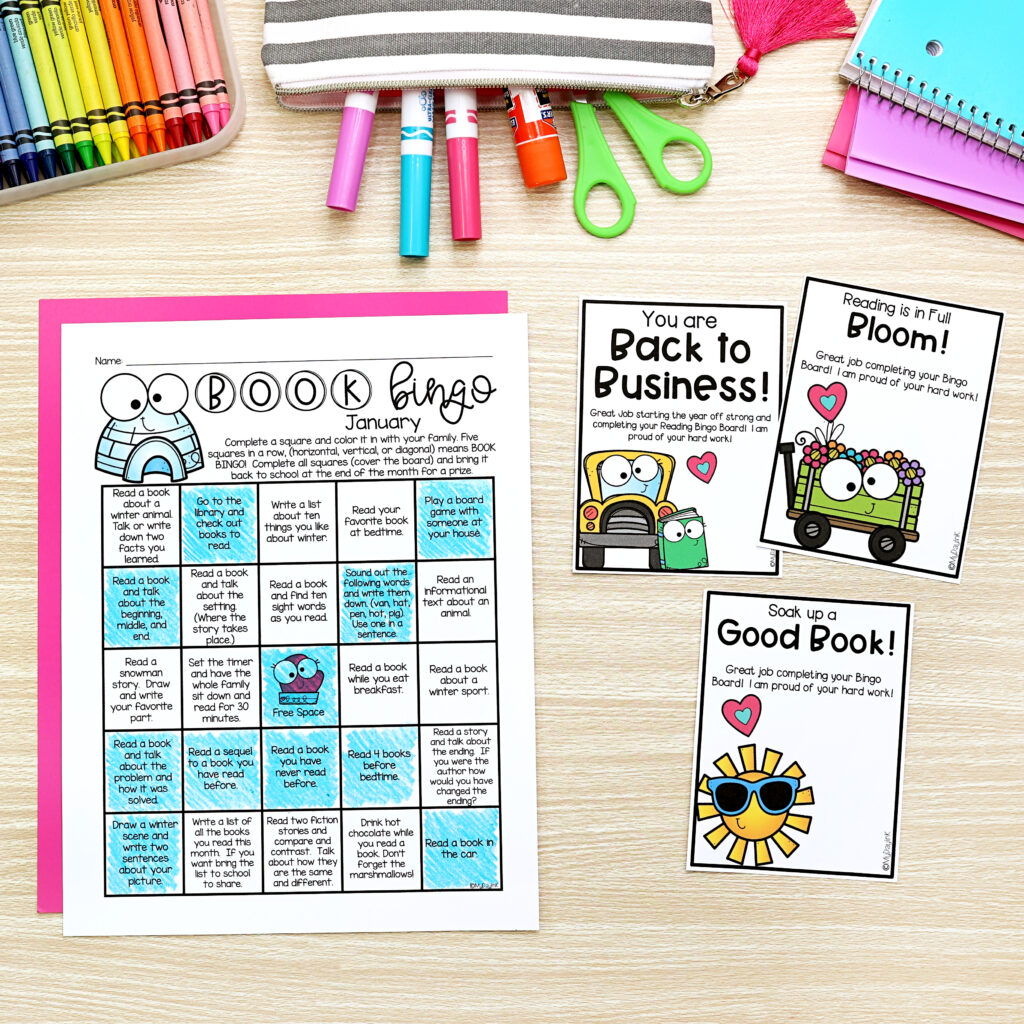Should Teachers Assign Homework? A Primary Teacher’s Take
Let’s face it—when we think of elementary students, hours of homework probably shouldn’t come to mind. Yet, here we are in the United States, still debating whether assigning homework assignments is even a good idea for younger children. As a primary teacher, I’ve seen the impacts of a heavy workload firsthand, and spoiler: it’s not great. But don’t just take my word for it—research from places like Stanford University and Duke University supports the idea that too much homework for younger students can be more harmful than helpful. Sure, high school students and college students might need all those math problems and hours of reading, but elementary school kids? They’re better off with a much smaller amount of homework, if any. So, should teachers assign homework?

Why Little Ones Need More Play and Less Homework
Here’s the thing—at this grade level, kids learn a ton just by spending time with friends, running around outside, and using their imagination. Play is their version of school work in a lot of ways, and it helps with mental health, social skills, and physical health. Plus, they’re usually already exhausted by the end of the school day. Do we really want to pile on extra work and take away what’s left of their free time?
To answer the question: should teachers assign homework, we are gonna turn to the experts. The National Education Association and National Parent Teacher Association recommend a “10-minute rule” for homework, meaning first graders get 10 minutes, second graders 20, and so on. This means 30 minutes of homework tops for third graders, which is manageable and won’t overwhelm them. But when kids get more than that, they start losing valuable playtime, which can mess with both their mental health and academic success. Basically, too much homework for younger children = negative impact on all fronts.
Fun and Simple Homework Ideas That Don’t Overload Kids
Instead of traditional homework, I’m a big fan of using choice boards, like a “Book Bingo” activity. It’s basically a bingo sheet with different reading challenges that family members can complete together, like “read a book in a funny voice” or “find a book about animals.” This type of assignment is short, flexible, and actually fun for kids and their families. Plus, it’s additional practice without the pressure of having to complete homework every single night.
Another great option is math choice boards, where kids have a few different math activities to pick from, but they’re short and can easily be done with parental involvement. This way, they get a bit of independent practice that’s manageable for their grade level and doesn’t turn into hours of homework.
Why Homework for Young Kids Isn’t Like Homework for High Schoolers
It’s easy to think that because homework works for high school students, it should work for younger kids, too. But the truth is, elementary school kids aren’t ready for the same workload that middle and high school students get. In fact, according to Harris Cooper, professor emeritus of psychology at Duke, younger students should spend way less time on schoolwork after class than their older peers. Kids in high school might need a lot of time to prep for standardized tests, get good grades, and develop time management skills. But for our little ones, free time and family bonding are far more important for their well-being.
Another issue with piling on extra work is that young kids’ attention spans are still growing. When they sit down to complete homework, it shouldn’t be a long, drawn-out process. A review of educational research has shown that kids benefit more from effective homework that’s short and targeted than from busy work or tons of math problems they may not understand. And, let’s be honest, older students and college students don’t need to do the same kinds of assignments as younger children, who are still figuring out the basics.
Finding the Right Balance for Primary Students
So, should teachers assign homework? At the elementary school level, if we give homework, we need to find the right balance. The best way to support student achievement isn’t through loads of assignments. Instead, teachers can assign homework that’s more about spending time with family and reinforcing simple skills. Homework assignments should be short, meaningful, and shouldn’t take up all their free time. That’s the best practice for making sure younger children stay happy, healthy, and motivated in school.
In the end, it’s all about giving students what they need for academic success without burning them out. Because, let’s face it, no one wants to see a seven-year-old stressed out over too much homework. So maybe next time we’re tempted to send home another worksheet, we can consider a Book Bingo instead and let kids do what they’re best at—being kids.



